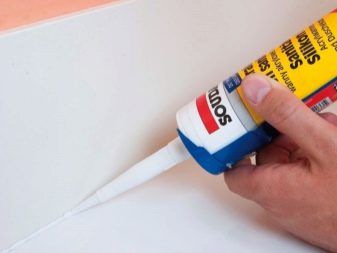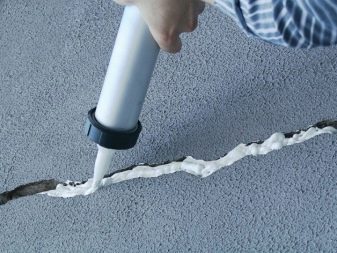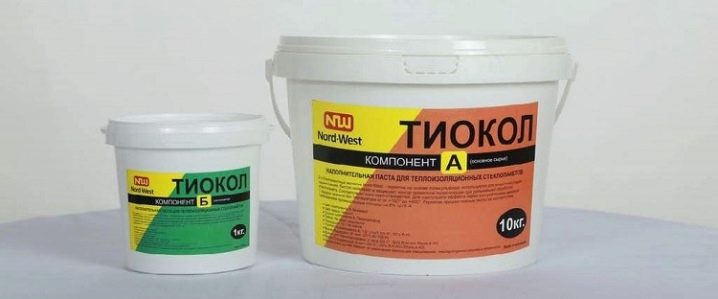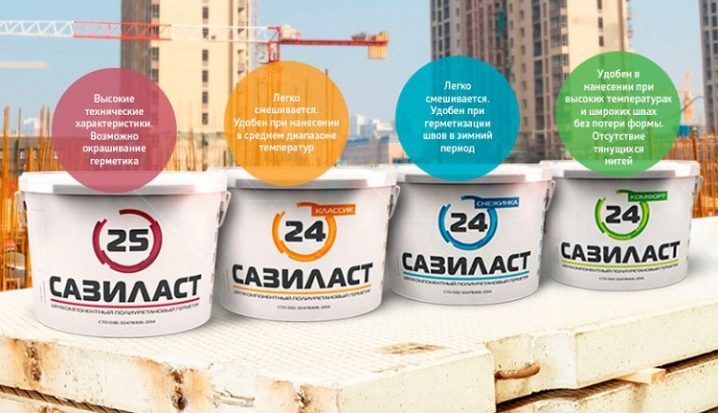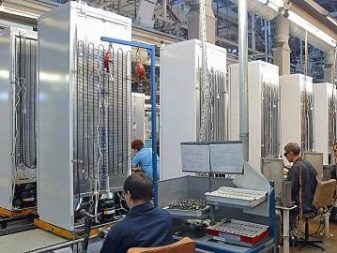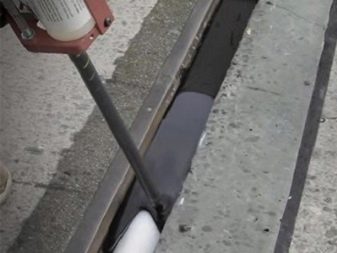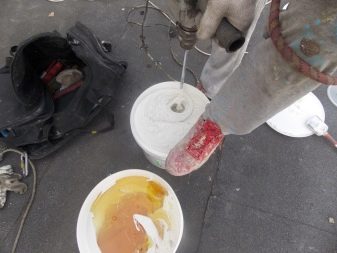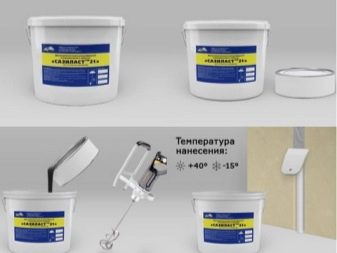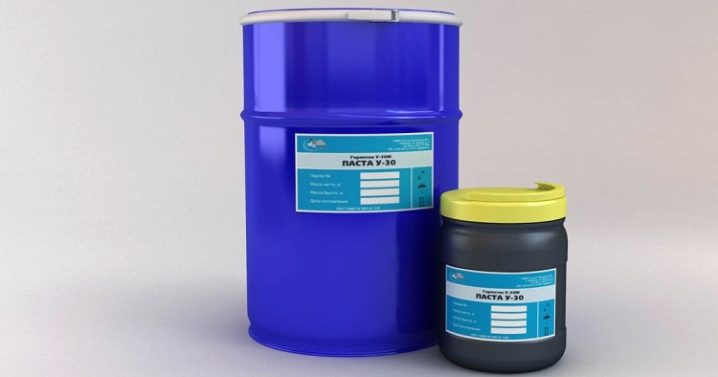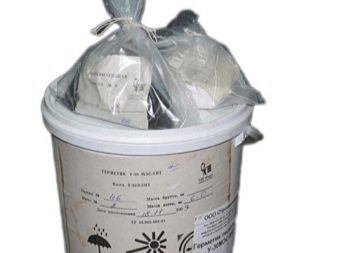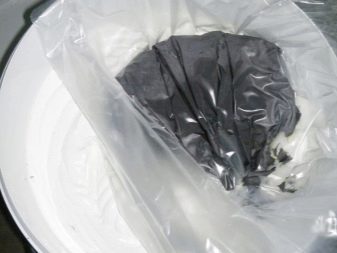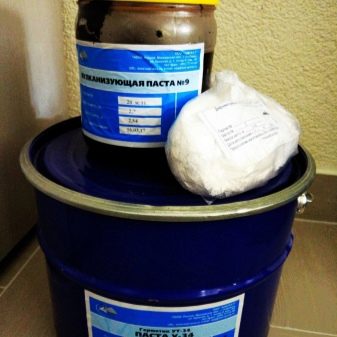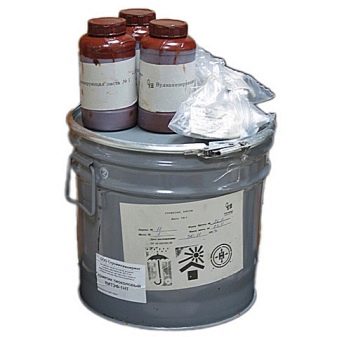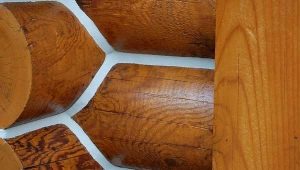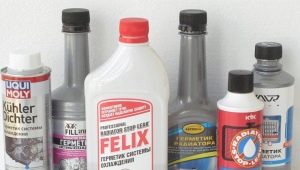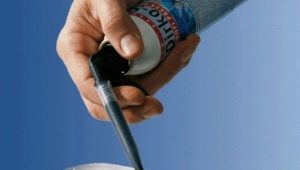Thiocol Sealant: Pros and Cons
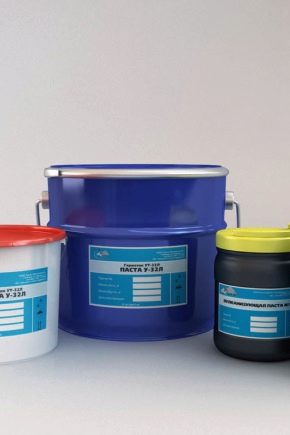
Today, no construction or repair can do without sealants. They are simply necessary in cases where it is necessary to seal the joints at the joints of concrete slabs, or to achieve impermeability of various joints. Sealants are used both on large-scale construction sites and in household items.
There are many types of sealants. Consider today one of the types - thiokol sealant and try to figure out what it is, what are its strengths and weaknesses.
Special features
Thiocol sealant is a vulcanizing paste consisting of two, and sometimes more, components. Such materials are considered the most reliable due to the special strength of adhesion. The basis of this sealant is a liquid thiokol, in its properties similar to polysulfide rubber.
Therefore, thiokol sealants are also known as polysulfide. In addition to rubber, various fillers can be added to the thiocol paste: plasticizers and structuring materials, polymers and coloring pigments. Pasta usually has a gray or black color.
After mixing all the components of the output is some elastic paste, designed to protect the surface from moisture and other negative phenomena.
Positive qualities of thiokol sealant:
- non-flammable, oil resistant;
- not susceptible to oxidation and alkalinity;
- does not change its properties during a long stay in direct sunlight;
- does not collapse at high and low temperatures, is able to withstand temperature drops from -55С to + 130С;
- provides good adhesion to wood, metal, glass and other hard surfaces;
- not afraid of moisture, so it is ideal for sealing external and internal cracks in buildings for domestic and industrial use.
Scope of application
Thiokol sealant has an extensive scope.
- In aviation - sealing tanks for fuel, technical compartments, portholes, sealing of electrical cable, when laying the runway on the airfields.
- In shipbuilding, the sealing of the cable box, the elimination of cracks and holes in wooden surfaces (decks, wooden frames, and so on), the sealing of pipe joints, the protection of steel parts from erosion.
- In the automotive industry, they ensure the durability of fixing auto glass, protect metal parts from corrosion and abrasion, and seal weld joints.
- In the electrical, technical and food industries - sealing of tanks for storing food liquids, filling in places for soldering cables, fixing parts that cannot be soldered, as they cannot withstand high temperatures or the surface can be damaged. Sealant is used in the assembly of household appliances - refrigerators, washing machines and other things.
- In the space industry are used as protection against ultraviolet radiation, exposure to oxygen, provide a vacuum.
- In medicine, prints for dental prostheses are made from thiokol mastic.
- In construction, sealants with a polysulfate base are widely used to eliminate cracks and impermeability of the joints of the walls of buildings in order to protect them from moisture and to avoid heat loss.
Among the disadvantages of thiokol materials are several factors.
- Not suitable for plastic surfaces. The solvent contained in the sealant adversely affects it.
- When mixed with hardener, thiokol paste must be used for several hours, after which the material is unsuitable for use.
- The sealant is poisonous and can cause allergies and even pulmonary edema. Therefore, when working with it, you must take precautions and apply protective equipment - gloves and a respirator.
- Higher cost compared to other types of sealants.
- Difficult to work with. Unlike other types of building pastes, which can be packaged in convenient tubes, thiokol mastic is sold in a wide container, which creates some difficulties when applying a uniform layer.
Marking
When studying the technical characteristics of this material, several major brands of thiokol sealants can be distinguished.
- U-30M. The density of 1400 kg / m2. The tensile strength is 2.6 MPa. It is widely used for products that have constant contact with air, because it is resistant to natural atmospheric aging.It is also used to create resilient, moisture-proof coatings. This brand has proven itself in contact with gasoline and other petroleum products. But to apply this sealant on silver, brass, bronze, as well as copper surfaces that are not previously treated with an anti-corrosion varnish is not recommended - this brand has poor adhesion to them.
- UT-32 used in electrical equipment with metal elements - rivets, plugs, bolts and other details. The technology of applying sealant of this brand does not require prior application of the adhesive layer.
Like the previous brand, UT-32 is highly resistant to engine oil and gasoline. And in contact with brass, copper and silver, it also can not.
It has a higher density than Y-30M (1700 kg / m2), and can withstand a temperature range from 60 C to +130 C. The tensile strength is 1.27 MPa.
- U-30MES5M. In addition to the traditional use in various fields, the sealant can also be used as an adhesive for installing individual components and parts. It can function as a protective layer against corrosion and weathering.It can be used for interior work, as well as for joining elements of various equipment.
- UT-34. It is used in engineering, aviation, electrical, technical industries, in the construction of tanks, shipbuilding, in the construction of civilian objects. The density of this sealant 1600 kg / m2. It can be operated at temperatures of -60 C to +150 C.
- VITEF-1NT recommended in cases where contact with aluminum and magnesium alloys, as well as cadmium-plated steel is expected.
Due to a wider range of applications, it is particularly popular with customers. Sealant density of 1600 kg / m2, and tensile strength of 1.76 MPa.
How to choose the right sealant, see the following video.
